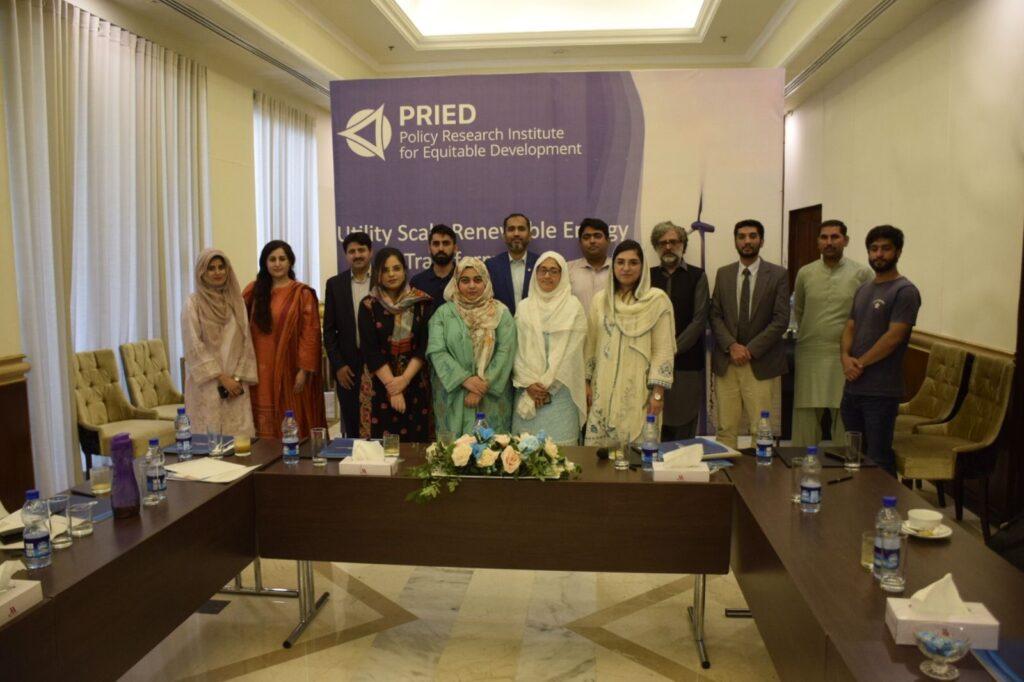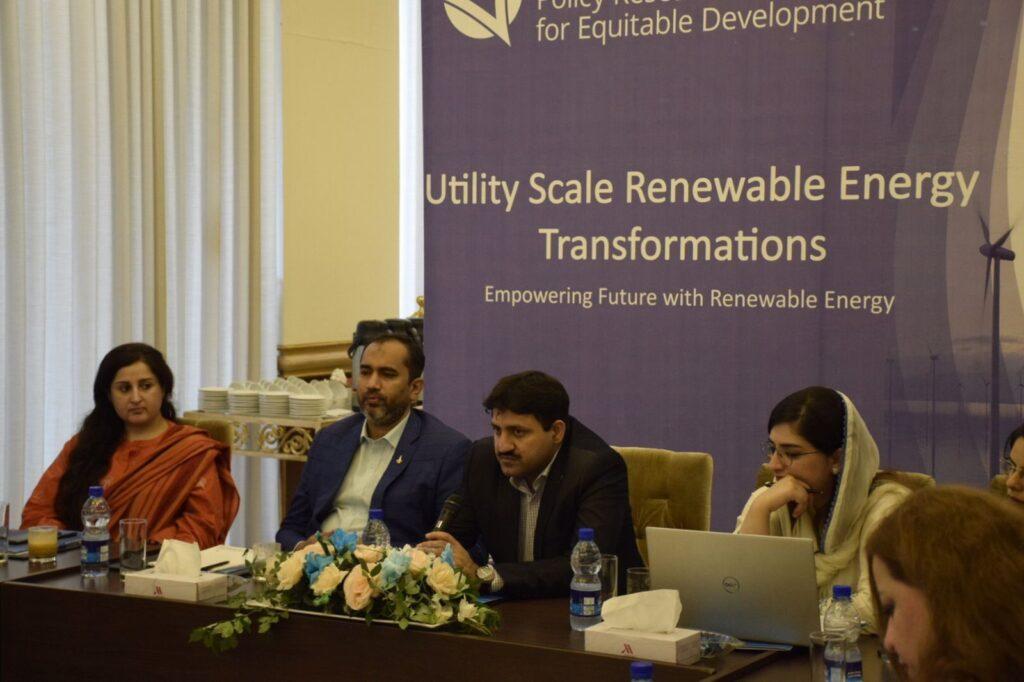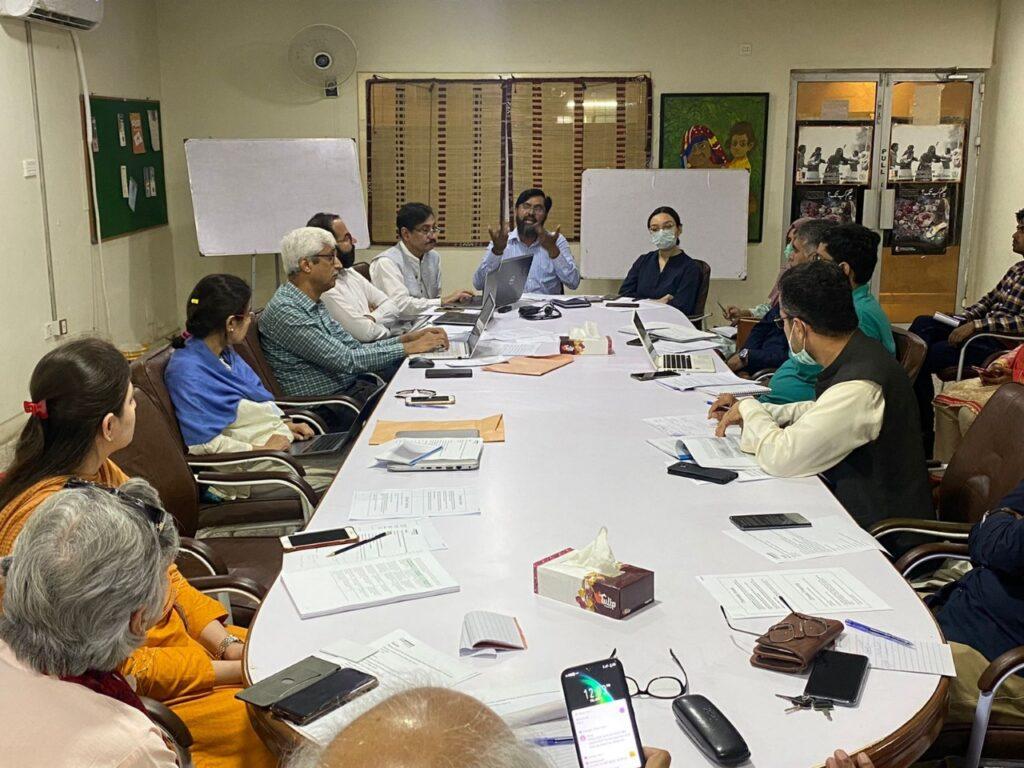ACJCE launches PRIED’s study on adverse impacts of Thar coal development on local water resources
-
Oct 26, 2022
KARACHI, October 26, 2022: Thar’s groundwater hydrology is rapidly being altered due to the coal mining and coal-based power production in the region. A recent study has found alarmingly high concentrations of chemicals and hazardous metals in the water being consumed by the locals.
The study, conducted by Policy Research Institute for Equitable Development, has found that the coal mining and power companies in Thar release untreated, highly toxic water containing metals such as arsenic, copper and lead. The study titled, “Thar’s Changing Hydrology: Adverse Impacts of Coal Mining and Coal-based Power Generation on Local Water Resources”, was launched on Wednesday by the Alliance for Climate Justice & Clean Energy.
Sharing the study’s findings, Mustafa Talpur, water expert who led the research, said, “Thar has a unique and fragile ecosystem. It is a lively desert. But the coal mining in Thar is affecting the region’s groundwater hydrology. These coal projects were started without considering their effect on the people and the ecology.”
He said groundwater at Gorano was fast becoming contaminated due to seepage from the reservoir of poisonous water while water table in many villages around the mining areas was fast depleting. Referring to the water samples taken from the field, he said water of dug wells in Thar is misfit for consumption since it does not meet the water standards set by the World Health Organization. He suggested the creation of a dedicated institution by the government to manage Thar’s water resources and water-testing labs to keep a check on water quality.
“Coal power is a dying technology in the world, but we have just started what the world is leaving behind. Wind and solar have huge potential in Pakistan. The government needs to prepare a plan for a transition towards clean energy,” he added.
Talking about the global institution’s role in these projects, Ahsan Kamal from the academia said that although the World Bank claims it no longer supports coal projects, it has been giving technical support to Thar’s coal-based projects.
Criticizing the Land Acquisition Act, Arif Hasan, Senior Planner and Social Researcher pointed out that the entire process is unjust. More than half of Thar has been handed over to coal companies, he said, adding that coal expansion in Thar and forceful acquisition of land, especially gowchar (grazing) land, has adversely impacted the livelihood of the locals and caused various socio-economic impacts.
Anis Haroon, National Commission for Human Rights, stressed the need to protect Thar’s unique ecosystem and cultural history. She mentioned that the current water-related problems in Thar were predicted years ago, yet the authorities went ahead with the coal project expansion. “We cannot convince [the government] to entirely stop coal mining, but Thar can be protected from further destruction by taking the right steps,” she added.
Sohail Sangi, a local journalist from Thar, pointed out that Thar coalfield’s 9000 square kilometer area is the most fertile region and is Thar’s “food basket” for Tharis. The land will no longer remain fertile due to the coal expansion and development in the region, which will lead to food security issues in future, Sangi said.







